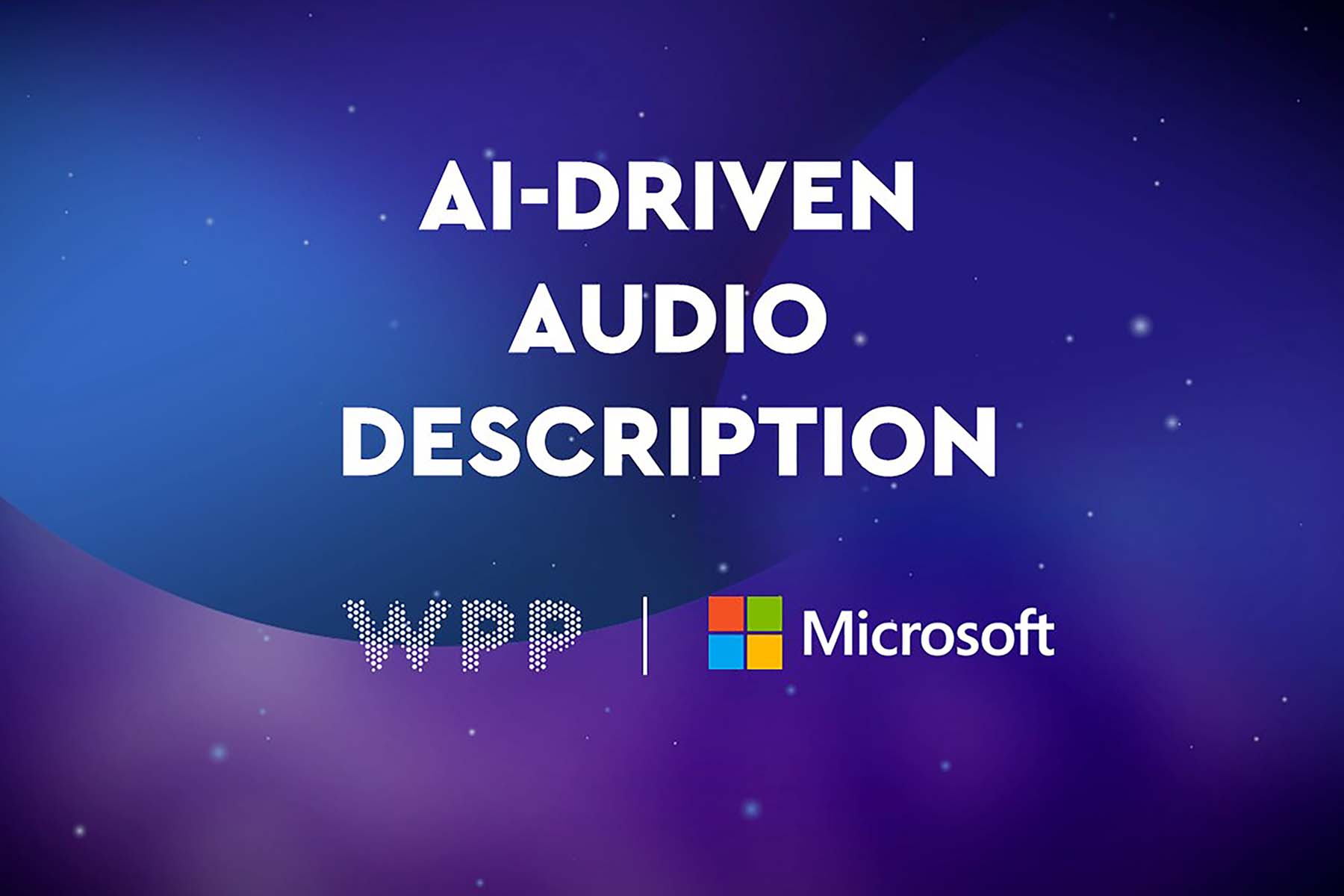
Data in advertising
How to integrate data ethics into your day-to-day operations to build and maintain trust
Advertisers have long used customer data to determine who should be targeted with what marketing. Target audiences are selected from pools of customer data, using attributes such as demographics, geography, value or interest. These attributes determine who will see which adverts and help decide where to focus marketing budgets.
More recently, customer data has powered growth in personalisation and creativity. Marketers are increasingly relying on analysis and modelling of data to learn more about their customers, and one of the great joys of working with data is the unexpected stories it can reveal.
Reading data closely can often challenge advertisers’ assumptions about customers or nudge creative thinking in a different direction. Machine learning models can help them dig more deeply and quickly into the data than would otherwise be possible.
But while data continues to be an invaluable marketing asset, customers want to understand more about how their data is being used. Increasing regulation such as the General Data Protection Regulation (GDPR) is part of the picture, but there is a genuine shift in consumer sentiment that must be acknowledged.
In a recent Wunderman Thompson survey, 90% of US and UK respondents stated that “being able to determine who has access to my personal data should be a basic human right.” To retain customer trust, companies are having to rethink their use of customer data – balancing commercial goals with the need to protect their customers’ privacy.
Increasingly, those collecting, sharing and working with data are exploring the ethics of their practices. In some cases, they’re being forced to confront those ethics in the face of public criticism. Failure to handle data ethically can harmfully impact people and lead to a loss of trust in projects, products or organisations.
London-based non-profit organisation, the Open Data Institute advocates for and supports putting into place practices that ensure the way data is collected and used is trustworthy. It's committed to helping organisations identify potential ethical issues associated with a data project or activity.
How to get started with data ethics in advertising?
In early 2019, WPP decided to review its approach to data use. It was driven by a belief that commercial goals and responsible data use complement rather than conflict with each other, and it wanted to use data in a way that would retain customer trust and lead to better business decisions.
Using the Open Data Institute’s Data Ethics Canvas as a guide, WPP created a set of Data & AI Ethics Principles. It’s now rolling out pragmatic guidelines to its network of agencies to help data specialists and client teams implement these principles. The principles articulate WPP’s values, but it is the guidelines, supplemented with interactive tools and ethics clinics, which give practical advice in tackling the day-to-day ethical questions employees face when working with customer data.
The Data Ethics Canvas helps organisations to identify potential ethical issues associated with a data project or activity from the very beginning of a project, and throughout. In various organisations, the tool has helped increase the quality of data and company confidence in publishing data while also reducing overall risk exposure and protecting the organisations’ reputations.
As more and more organisations invest time and effort into understanding data ethics and applying ethical approaches to their activities, it is important to also upskill employees. To support organisations through their data ethics journey, the Open Data Institute has developed bespoke workshops (on its interactive Data Ethics Canvas) that are suitable for a team of people, including senior decision makers, who have already embarked on their data ethics journey. The workshops are suitable for those who want to start applying an ethical approach to data in their projects or services.
WPP believes responsible data use is good business. Agencies across WPP, including the newly launched data company Choreograph, work with their clients to help them better understand the data ethics landscape and to develop their own ethical data use. The goal is for every WPP employee, from data scientist to client lead, to be confident that the use of data protects both their clients and consumers.
Take practical action
To help employees at all levels get to grips with data ethics, the Open Data Institute has developed a suite of tools and programmes.
Most recently the organisation launched a Data Ethics Professionals programme which also offers an optional supplementary Data Ethics Facilitator certification, to help employees obtain the knowledge, skills, and ability required to help others make the best use of data. After completing the course, every participant becomes a certified Data Ethics Professional, recognising their ability to help advise organisations on how to approach ethics where data is concerned.
Applications for the next cohort of the data ethics professional programme are now open
published on
02 August 2021
Category
More in Experience

Let’s add audio for visually impaired audiences
How to make advertising more accessible for visually impaired audiences

The Future 100: wellbeing, humanity, emotion and tech
This annual trend spotter – by WPP’s VML – gives us the context for the new normal for marketing in 2024.

Activating sports events – the ultimate balancing act
WPP Sports Practice takes a look at the art of timing for sports event activation

